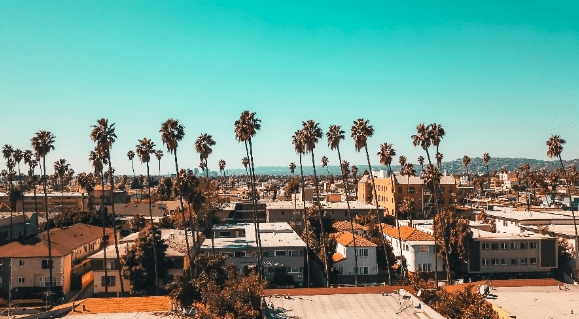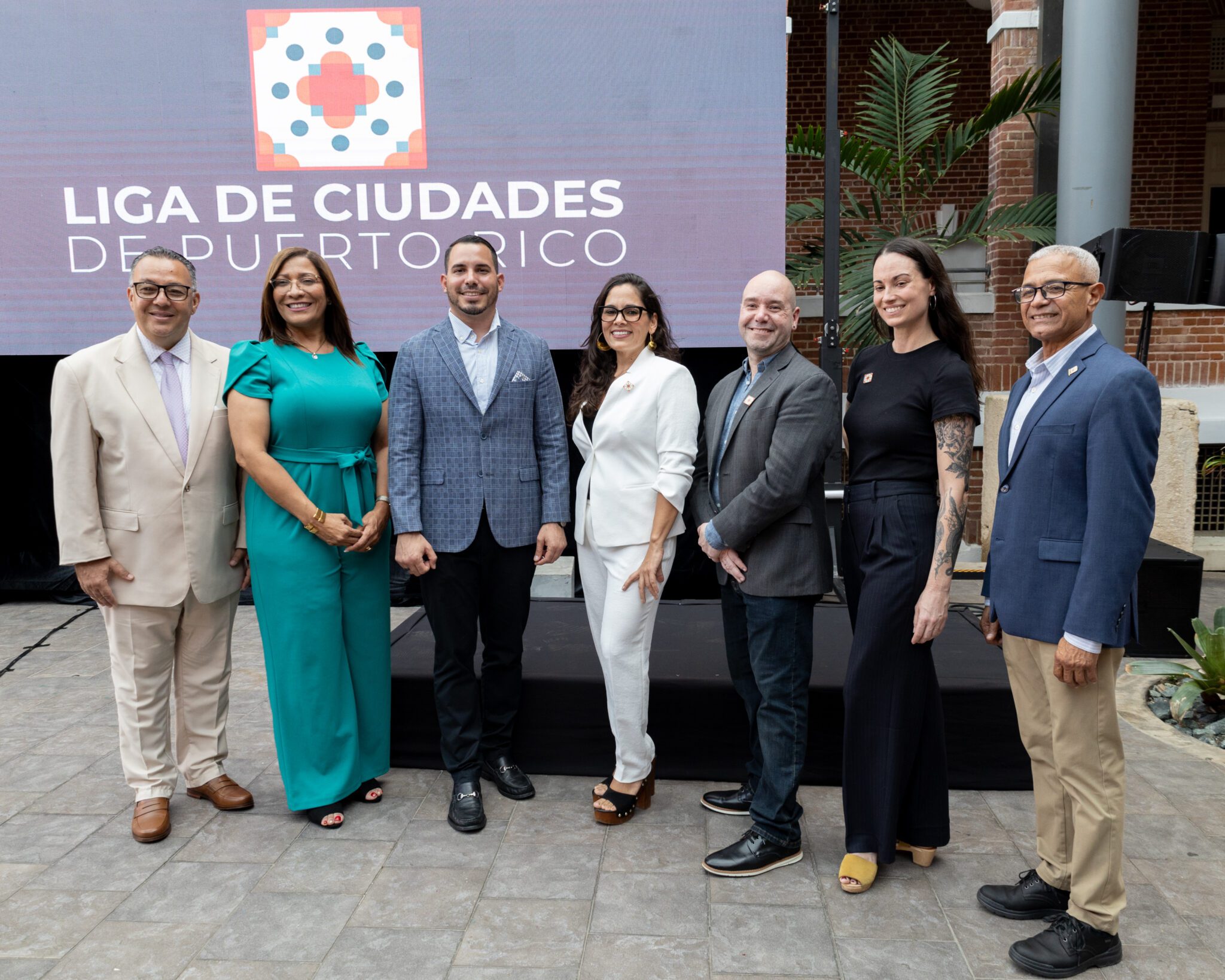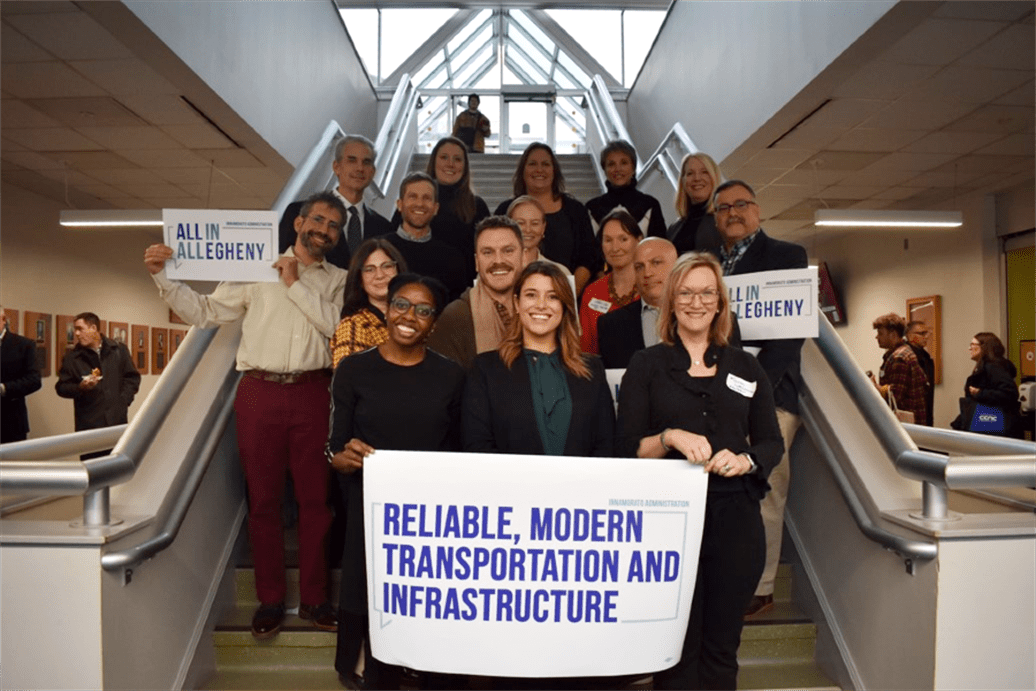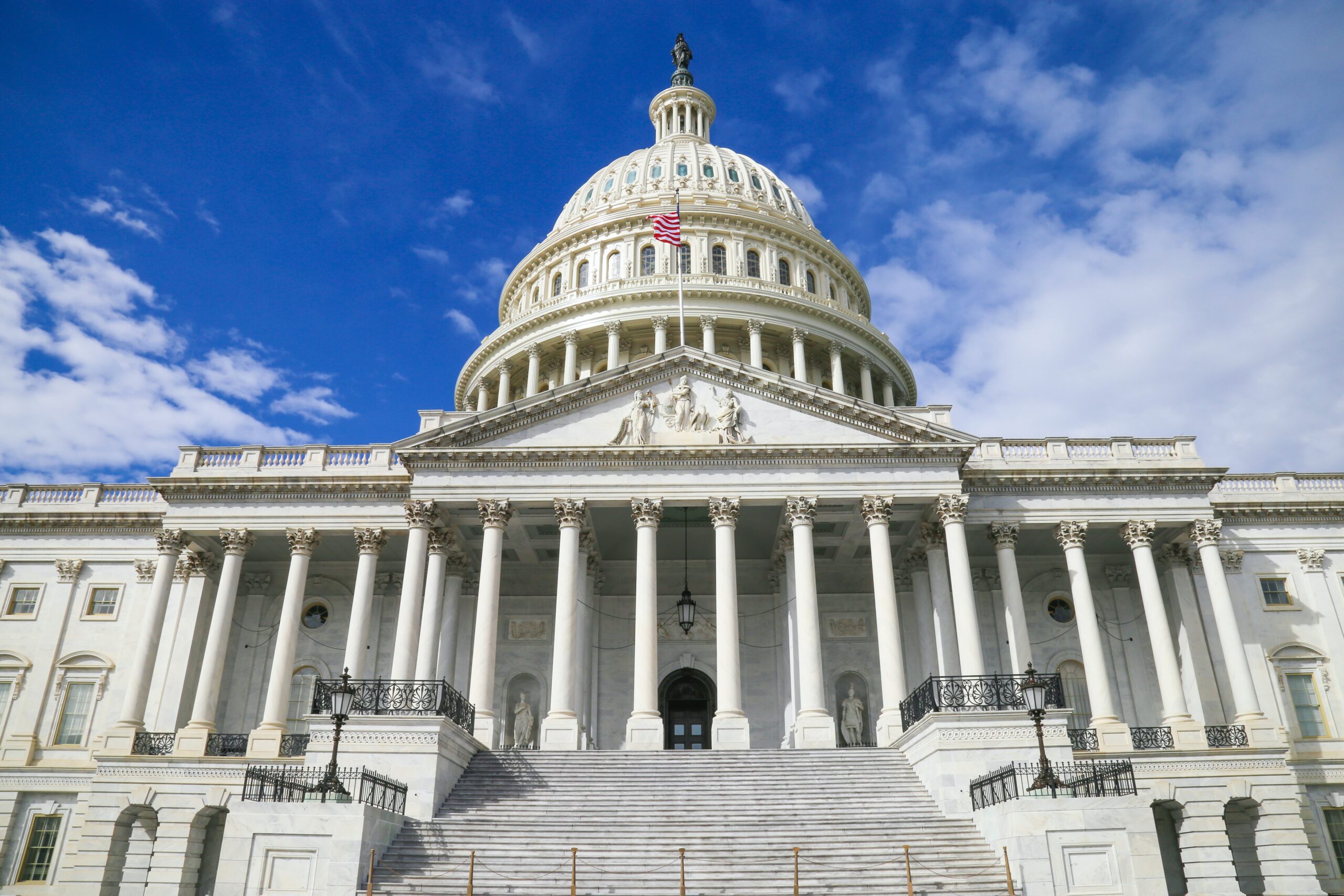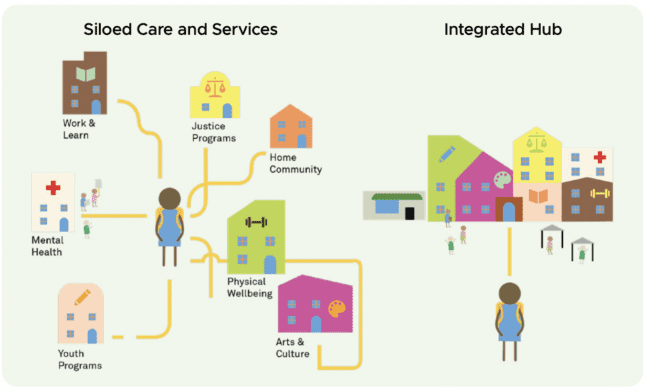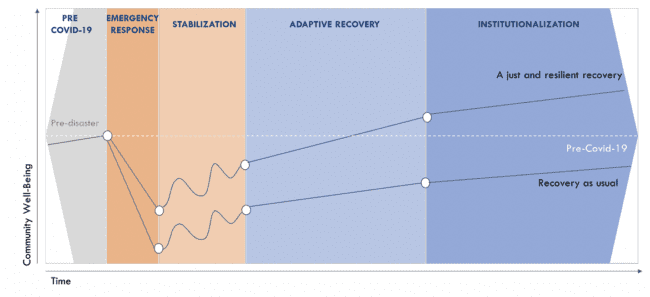HR&A is supporting the City and County of Honolulu to assess the City’s climate-related financial risks and define strategies for funding and budgeting vital adaptation measures. As climate hazards like coastal erosion, flooding, and hurricanes become more frequent and severe, this initiative marks a significant opportunity for Honolulu to safeguard its future by investing in resilient infrastructure and long-term solutions.
Communities in Honolulu are already contending with the impacts of climate change due to sea level rise, heat, drought, wildfires, hurricanes, and storm surge. Meeting the scale of this challenge requires systemic change in approaches to funding, financing, policy, and procedures. The City and County of Honolulu engaged HR&A to build an understanding of the city’s financial risk and develop a proactive, strategic approach to prioritizing investments in climate solutions. This includes preserving existing revenue streams for climate solutions and identifying additional funding and financing sources.
Through this process, HR&A will develop a comprehensive roadmap and toolbox to ensure the City and County of Honolulu and its constituents understand the scale of fiscal risk; who is responsible for specific risks (whether it’s the City, County, State, Federal government, or private sector); the magnitude of needed investments and the City and County’s ability to manage their cost, and actionable strategies to develop a budget and financial approach to address and mitigate risks.

